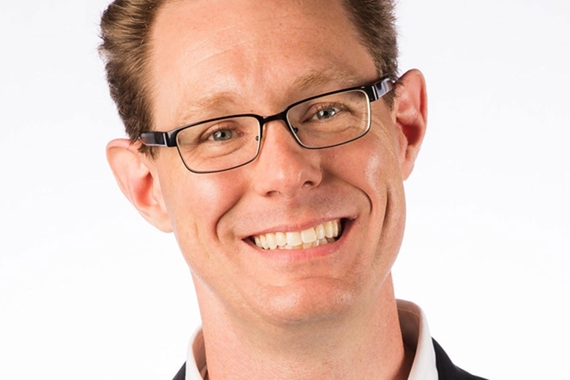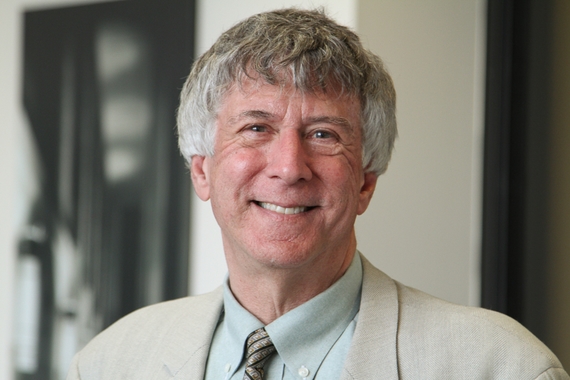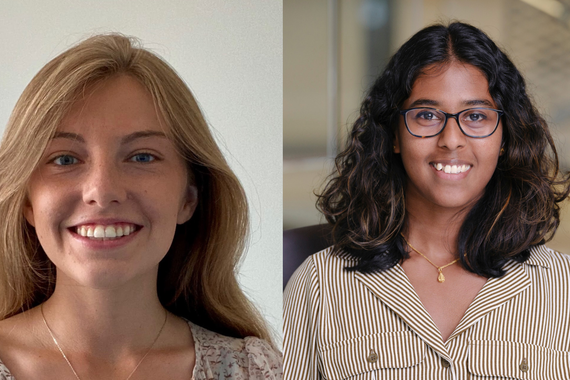DeYoung on Ultra-Introverts
An Atlantic article titled, “The Nocturnals,” takes a deep dive into the hidden world of the ultra-introverts, people that choose to isolate themselves, going about their activities, not in the day, but at night when all others are asleep. From a psychological perspective, this may seem an odd way of living as humans are inherently social creatures, and research has found that a lack of social interaction can lead to mental and physical health declines. However, the stories featured in the article tell a different view, as these individuals seemingly thrive as they do not have to direct their energy to engage with others. This then presents two conflicting views and begs the questions “When does a desire for solitude cross into something unhealthy?” and “Do all individuals have the same fundamental needs?”
Colin DeYoung, PhD, associate professor in the Department of Psychology at the University of Minnesota, is quoted in the article and shares that the clinical version of introversion is detachment. This means a detachment both from social relationships and from positive emotions such as excitement. Considering social needs, one must take into consideration age. For adults, their needs may be less definitive than for babies who need socialization to learn how to navigate their world. DeYoung commented that he believes “there are some people so unusually low in [social needs] that for them it basically doesn’t exist.” He concludes with an important thought, “We should take seriously the possibility that there are people who really don’t need social connection.”


